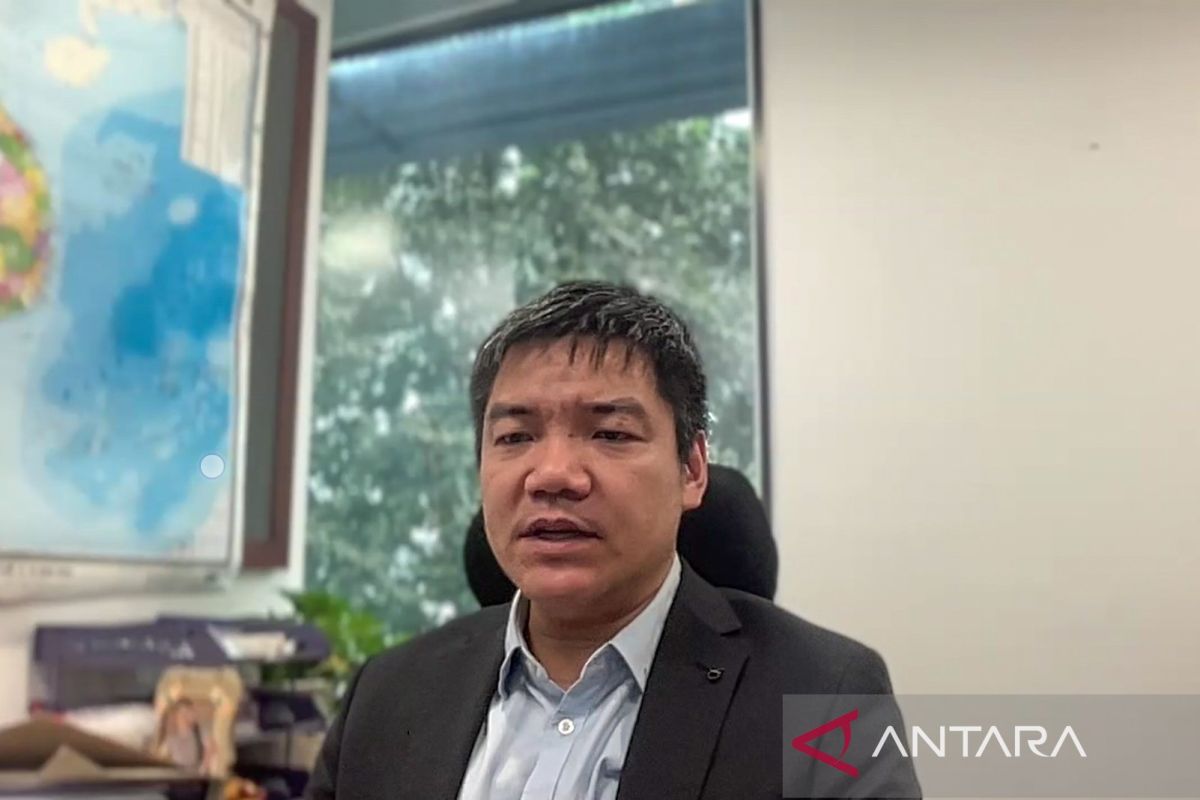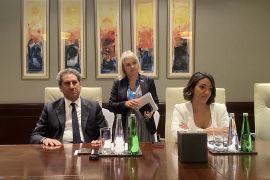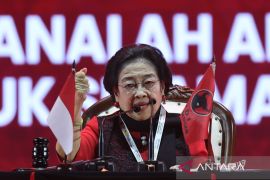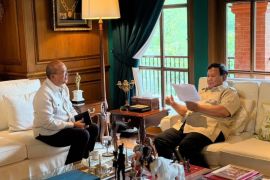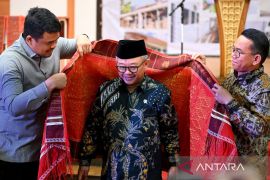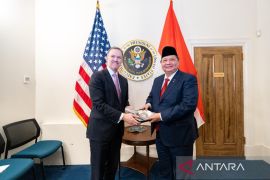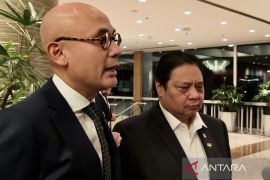Jakarta (ANTARA) - The Asian Development Bank (ADB) has stated that the 32-percent reciprocal tariff imposed by United States President Donald Trump will not have a significant qualitative impact on Indonesia's economy.Nguyen Ba Hung, an economist with the ADB's Southeast Asia department, said that Indonesia's total exports to the United States are relatively small
"Qualitatively, we believe the impact will not be as severe as the 32-percent tariff suggests," he added during the ADB's Asian Development Outlook (ADO) April 2025 webinar, which was held here on Wednesday.
He explained that exports to the United States account for only around 2 percent of Indonesia's total gross domestic product (GDP). Thus, the economic exposure of both countries, in general, is limited.
He further noted that Indonesia's GDP is primarily supported by domestic consumption and investment.
He also added that President Trump's decision to raise import tariffs on Indonesian products is a result of the healthy trade surplus Indonesia has been maintaining. However, the ADB has yet to provide a quantitative assessment of how much the tariff increase will affect Indonesia's economic growth this year, he said.
"We feel like it is still too early to make a quantitative assessment of the impact (of the US policy) on (Indonesia's GDP) growth," he added.
According to the Asian Development Outlook for April 2025, the ADB has maintained its projection of 5 percent economic growth in Indonesia this year.
April 2, 2025, Trump announced an import tariff increase of at least 10 percent on goods from more than 50 countries. Indonesia has been hit with a 32-percent reciprocal tariff under the US tariff policy.
Luhut Binsar Pandjaitan, Head of the National Economic Council (DEN), stated that the reciprocal tariff policy could prompt investors, exporters, and importers to shift their investments and trade away from the United States, thus creating an opportunity for Indonesia.
"The repositioning of global trade can be an opportunity for Indonesia to attract investment from abroad, making Indonesia its production base," he said at the Joint Economic Discussion with President Prabowo here on Tuesday.
"Qualitatively, we believe the impact will not be as severe as the 32-percent tariff suggests," he added during the ADB's Asian Development Outlook (ADO) April 2025 webinar, which was held here on Wednesday.He explained that exports to the United States account for only around 2 percent of Indonesia's total gross domestic product (GDP). Thus, the economic exposure of both countries, in general, is limited.
He further noted that Indonesia's GDP is primarily supported by domestic consumption and investment.
Baca juga: Indonesia hendaknya terbuka dengan aspirasi AS jual produk unggulan
He also added that President Trump's decision to raise import tariffs on Indonesian products is a result of the healthy trade surplus Indonesia has been maintaining.
However, the ADB has yet to provide a quantitative assessment of how much the tariff increase will affect Indonesia's economic growth this year, he said.
"We feel like it is still too early to make a quantitative assessment of the impact (of the US policy) on (Indonesia's GDP) growth," he added.
Baca juga: Review Smart Indonesia Card distribution in 3T areas: DPR
According to the Asian Development Outlook for April 2025, the ADB has maintained its projection of 5 percent economic growth in Indonesia this year.
On April 2, 2025, Trump announced an import tariff increase of at least 10 percent on goods from more than 50 countries. Indonesia has been hit with a 32-percent reciprocal tariff under the US tariff policy.
Luhut Binsar Pandjaitan, Head of the National Economic Council (DEN), stated that the reciprocal tariff policy could prompt investors, exporters, and importers to shift their investments and trade away from the United States, thus creating an opportunity for Indonesia.
"The repositioning of global trade can be an opportunity for Indonesia to attract investment from abroad, making Indonesia its production base," he said at the Joint Economic Discussion with President Prabowo here on Tuesday.
Pewarta : Uyu Septiyati Liman
Editor:
I Komang Suparta
COPYRIGHT © ANTARA 2026
